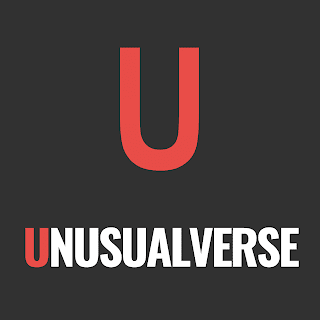Tomotake Kinoshita (木下 知威; born 1977 in Kitakyushu, Fukuoka Prefecture, Japan) is a Deaf scholar and academic whose interdisciplinary research spans the fields of architectural history, disability history, education history, visual culture, and representation studies. Holding a PhD in Engineering (specializing in architectural and social space systems) from Yokohama National University, he is known for his pioneering studies on the architectural and community aspects of schools for the blind and deaf in modern Japan, and for initiatives that foster accessible dialog through art and sign language interpretation.
Early Life and Education
Tomotake Kinoshita was born in 1977 in Kitakyushu, Fukuoka Prefecture, Japan[1]. He pursued graduate studies at Yokohama National University, earning both a Master of Engineering (2004) and later a Doctor of Engineering (PhD, March 2010) in the Graduate School of Engineering, Department of Social Spatial Systems (Architecture)[2]. His doctoral dissertation was entitled “The architectural spaces of blind and deaf: the formative process of structure of the Kyoto Blind and Dumb School” (in Japanese: “盲・聾の空間 ― 京都盲唖院の形成過程”)[2].
Academic Career and Teaching
Upon completing his PhD, Kinoshita began teaching at the Japan College of Social Work in Tokyo from April 2010 onward as a lecturer[2]. He instructs courses in academic writing, history theory, disability history (covering Japan, Europe, and the U.S.), architectural and media history[2]. Simultaneously, based on information from J-GLOBAL, he is affiliated with the Institute of Liberal Arts at Tokyo University of Science (Tokyo Kagaku University), where his research fields include general history, sociology, arts practice theory, architectural planning and history, special education, and Japanese history[1].
Research Focus and Projects
Kinoshita’s research centers on the intersection of architecture, disability, and community, particularly within the context of modern Japan’s blind and deaf education systems. His work includes architectural-historical analysis of institutions such as the Kyoto Blind and Dumb School, the introduction and transformation of communication spaces in Meiji-era institutions, and universal design and barrier-free architectural planning[1].
Publications, Awards, and Affiliations
Kinoshita has published extensively across scholarly journals and book formats. His doctoral dissertation was recognized with the Excellent Student Award from Yokohama National University (March 2010), followed by the Architectural Institute of Japan’s Encouragement Prize in September 2012[2].
He is affiliated with several academic societies: the Architectural Institute of Japan, Representation Studies, Sign Language Studies, and Social Work History, among others[1][2]. He also served on editorial and research committees, including as editorial board member for the Japanese Journal of Sign Linguistics (2017–2018), research fellow at the International Research Center for Japanese Studies (2020–2022), and contributor to universal design initiatives in Kanagawa Prefecture (2005–2006)[1].
"Shuwa-Shuwa Hours" & Sign Language Map Initiative
Beyond academia, Kinoshita initiated the "Sign-Language Map" (手話マップ) platform in 2019, a portal to connect art venues offering sign language–accessible programs with the deaf and hard-of-hearing community[3]. In October 2021, he co-organized “Shuwa-Shuwa Hours”, a dialogic art appreciation event at Yokohama Civic Gallery where Deaf and hearing participants engage in accessible dialog—facilitated by sign language—around exhibited works, aiming to dissolve perceived boundaries between Deaf and hearing individuals [3]. The project drew on Kinoshita's experience in the UK with deaf-led museum tours and sought to create inclusive art-dialogue spaces in Japan[3].
Impact
Tomotake Kinoshita stands as a noteworthy scholar whose academic investigation into architectural spaces for disability education in modern Japan intersects with activism for cultural accessibility. Bridging historical research, architectural analysis, and creative platforms for inclusion, his multifaceted contributions reflect a profound engagement with disability, history, and the embodied role of space and art in social dialogue.
- Japan Science and Technology Agency (J-GLOBAL). (2025). 木下 知威 – Researcher Information.
- tomotake kinoshita. (n.d.). Profile – tomotake kinoshita. In tmtkknst.com/profile
- Arts Commission Yokohama (ACY). (2022, January 7). ろう者と聴者の境界を解きほぐす「シュワー・シュワー・アワーズ」手話マップ・木下知威さんインタビュー.










